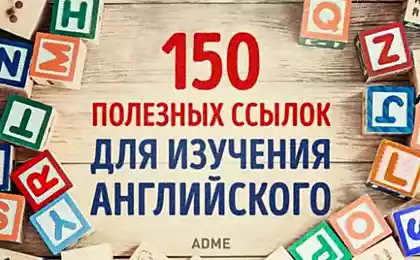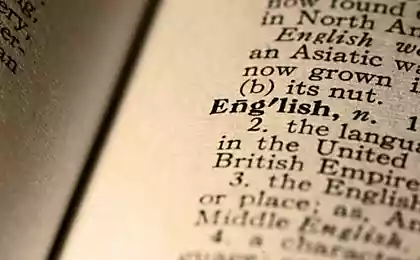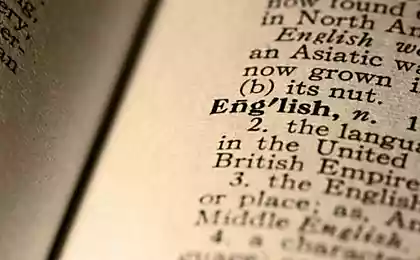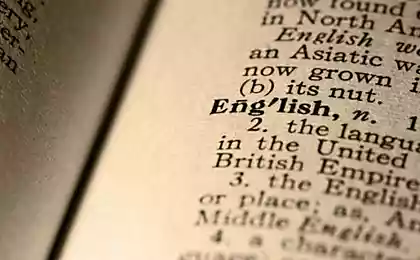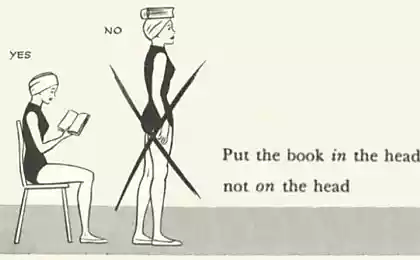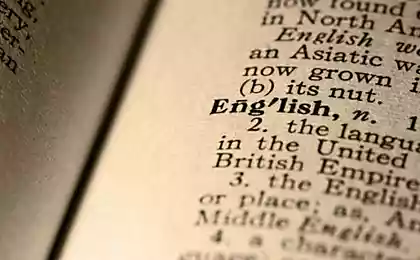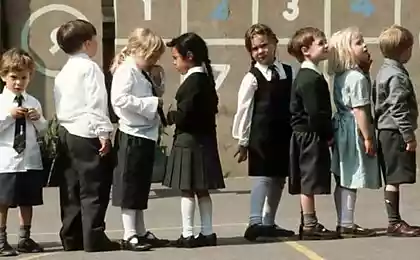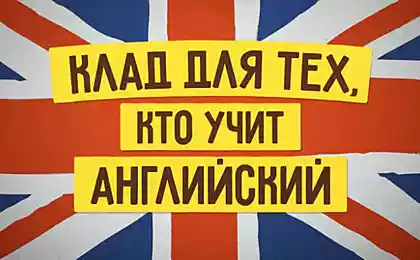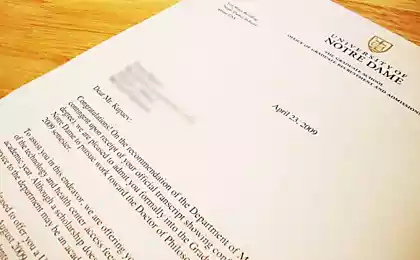833
Class hierarchy in English society
Angliykoe Society (British, with some restrictions) - has a strict class hierarchy, reflecting the ancient traditions of the islanders.
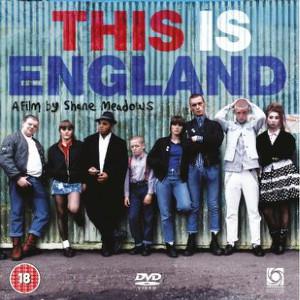
It all started back in the days of the kings, rytstsarey and peasants, who occasionally ran into the city from greedy landowners. Further, because of the industrial revolution in the country profession even more differentiated as revenues began to stand out layer between "knowing and pashtsami." Division into classes has reached its zenith in the Victorian era (late XIX - early XX century).
Sense of belonging to his class from the British, it seems innate. Even I, a visiting guest, is easy enough to define social status interlocutor for a couple of minutes or even in appearance and Dumb inherent detail. Of course, there were some entertaining reading material from Kate Foks1 ("Watching the English. Hidden Rules of Conduct"), which is fun and easy all explained in his book. The rest - the case of observation and experience of communication.
An innate sense of belonging to the class is so strong that the British do not even think to take a step up. They have it disabled by default. So, an Englishman, the husband of my friend realizes that his children may be middle class if he would give them an education, but the high society of the middle class it shows otkazyvaetyas flatly. And if you get in an environment that behaves abnormally, unlike his wife, Belarusian, which, though a simple girl, but such feelings are not innate class has.
This 20-50h years in the Soviet Union were active social elevators and no one could be all having brains and luck. Later, the elevators are no longer become so efficient, but in the post-Soviet society factor really good education (which, in principle, still available to all) can still play the role of social elevator. In England, it will not work - classes that are above will be strongly abut and do not let the upstart upstairs. A good example is when a native of the working class will never be someone above leytenenta in the army: remember hero Lieutenant Sharpe from the beginning of the XIX century? Things are there. Or above Major Colonel people from the middle class does not rise up.
All this is under a very rational basis. A society where everyone knows their place is much more efficient: no one does not teach how to live. Working - working entrepreneurs - spinning, higher class - learn and operate. Moreover, all proud performed the role (so educates society) - then the country will be in abundance and ordinary soldiers, and engineers and scientists and businessmen. So, in the Victorian era, when the class was literally prescribed, what to say and what to do, Britain reached its heyday.
Indicators of which are numerous: from the appearance, brand machine, place of residence (district) to focus and set of words-indicators. It is important that in England (as opposed to North America) money / income is not an automatic indicator of belonging to a particular class. For example, a hereditary peer can be very poor, but he will have a wonderful English and manners.
The main classes (kotoryya I am able to discern) with approximate proportions:
Upper Class (upper class - 1%). Language and mannerisms as the queen. Formed. Not necessarily rich. Do not buy furniture - inherited from ancestors.
Upper class inherits here are home.
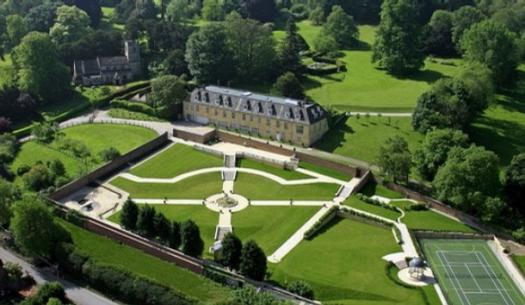
Upper middle class (upper middle class - 5.10%). English a little worse than the queen, however, absolutely beautiful. Rich, university education and the same educated parents. They're doctors, academics, commanding officers. Go to each other at 5 o'clock tea.Ekvivalent - Soviet intelligentsia. Tightened, usually sporty, slim.
Beautiful, happy, rich, successful
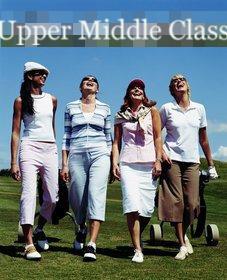
Middle middle class (average middle class - 15-20%). Barely noticeable local accent. Educated, but not necessarily with the diploma of the university. Clerks, collars, managery or small entrepreneurs. Officers - not more than a major. With income (well, of course: his home, Dad cars, Spain, Italy, 2-4 times a year, etc.). Normal Fit, play sports / exercise to keep in shape. Iterer in the house - with design elements.
These will be at least in the mid-mid
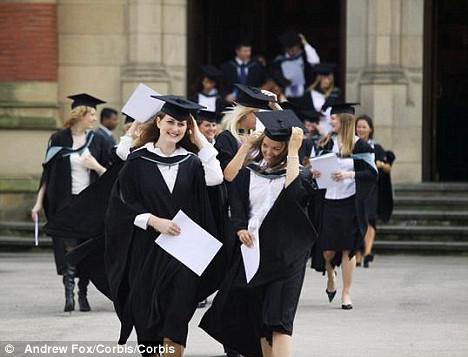
Lower middle class (lower middle klass- 25%) Slightly more noticeable local accent. Not necessarily learned in those of your college or university. Officers of the rank of lieutenant, maximum. Currently working in their suburbs, raising children, interested in football. Not necessarily involved in sports. Rest in Egypt, Romania and Bulgaria 1-3 times a year. Among these many Indians, Pakistanis, to keep their shops. Furniture in the house - IKEA
American counterpart low middle
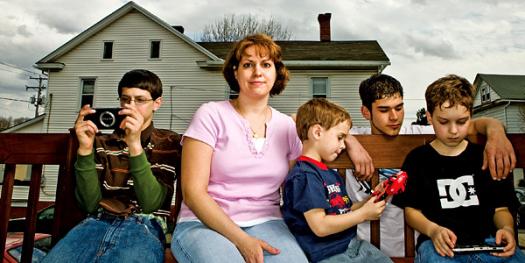
Working class (working class - 40%). It's the guys from your yard, speak with a pronounced accent (aka Ty Trasianka or surzhik), can not live without football and rugby, but not obyatatelno play them yourself. Men often have a tum, and women - rembrantovskie forms, sometimes passing into fastfudovskie. Respected such as they are - hard workers to the bone. Education bit - went to work early, so as not to hang on the neck of the parents, which greatly proud. Very proud of the fact that they - English. A tattoo of a cross of St. George on the chest / shoulder - at the discretion of. Serving in the British Army enlisted men, with great pride to die for the queen. In short, mates. Home furniture - from inexpensive IKEA. However, interspersed with cattle (chaves), thieves (of course, in his youth), and mamma householder.
Typical British Private funeral, who was killed in Iraq theirs
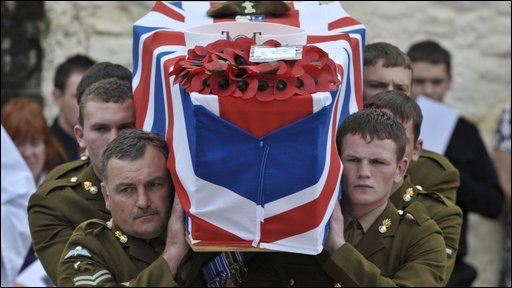
English rednecks The underclass (poor - 10%). Curious visitors to the island would be difficult to understand their speech. Living on benefits in the ghetto homes, provided by the municipality (council houses). Of course, do not work. Beggars, cattle (chaves), thieves and mother-odinochi - it's all they are. Anthropometric look like McDonald's and other fosterling fast food, with the presence of facial Sharikova.
Homeless sells magazines (such as working on the municipality)
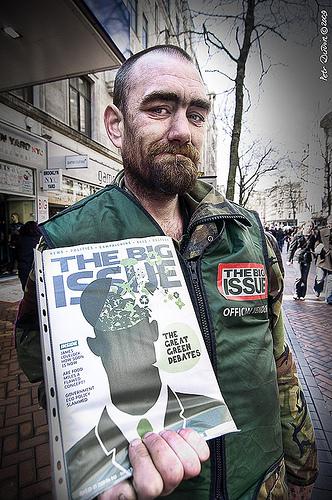
English council house - in such lives or poor, and fallen very working class. Where do you live? :-)
via gaste11o
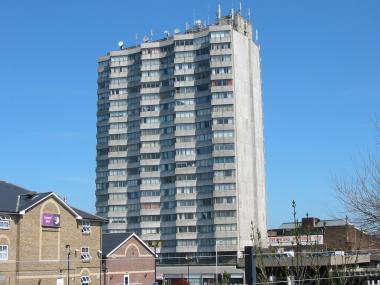
Source:

It all started back in the days of the kings, rytstsarey and peasants, who occasionally ran into the city from greedy landowners. Further, because of the industrial revolution in the country profession even more differentiated as revenues began to stand out layer between "knowing and pashtsami." Division into classes has reached its zenith in the Victorian era (late XIX - early XX century).
Sense of belonging to his class from the British, it seems innate. Even I, a visiting guest, is easy enough to define social status interlocutor for a couple of minutes or even in appearance and Dumb inherent detail. Of course, there were some entertaining reading material from Kate Foks1 ("Watching the English. Hidden Rules of Conduct"), which is fun and easy all explained in his book. The rest - the case of observation and experience of communication.
An innate sense of belonging to the class is so strong that the British do not even think to take a step up. They have it disabled by default. So, an Englishman, the husband of my friend realizes that his children may be middle class if he would give them an education, but the high society of the middle class it shows otkazyvaetyas flatly. And if you get in an environment that behaves abnormally, unlike his wife, Belarusian, which, though a simple girl, but such feelings are not innate class has.
This 20-50h years in the Soviet Union were active social elevators and no one could be all having brains and luck. Later, the elevators are no longer become so efficient, but in the post-Soviet society factor really good education (which, in principle, still available to all) can still play the role of social elevator. In England, it will not work - classes that are above will be strongly abut and do not let the upstart upstairs. A good example is when a native of the working class will never be someone above leytenenta in the army: remember hero Lieutenant Sharpe from the beginning of the XIX century? Things are there. Or above Major Colonel people from the middle class does not rise up.
All this is under a very rational basis. A society where everyone knows their place is much more efficient: no one does not teach how to live. Working - working entrepreneurs - spinning, higher class - learn and operate. Moreover, all proud performed the role (so educates society) - then the country will be in abundance and ordinary soldiers, and engineers and scientists and businessmen. So, in the Victorian era, when the class was literally prescribed, what to say and what to do, Britain reached its heyday.
Indicators of which are numerous: from the appearance, brand machine, place of residence (district) to focus and set of words-indicators. It is important that in England (as opposed to North America) money / income is not an automatic indicator of belonging to a particular class. For example, a hereditary peer can be very poor, but he will have a wonderful English and manners.
The main classes (kotoryya I am able to discern) with approximate proportions:
Upper Class (upper class - 1%). Language and mannerisms as the queen. Formed. Not necessarily rich. Do not buy furniture - inherited from ancestors.
Upper class inherits here are home.

Upper middle class (upper middle class - 5.10%). English a little worse than the queen, however, absolutely beautiful. Rich, university education and the same educated parents. They're doctors, academics, commanding officers. Go to each other at 5 o'clock tea.Ekvivalent - Soviet intelligentsia. Tightened, usually sporty, slim.
Beautiful, happy, rich, successful

Middle middle class (average middle class - 15-20%). Barely noticeable local accent. Educated, but not necessarily with the diploma of the university. Clerks, collars, managery or small entrepreneurs. Officers - not more than a major. With income (well, of course: his home, Dad cars, Spain, Italy, 2-4 times a year, etc.). Normal Fit, play sports / exercise to keep in shape. Iterer in the house - with design elements.
These will be at least in the mid-mid

Lower middle class (lower middle klass- 25%) Slightly more noticeable local accent. Not necessarily learned in those of your college or university. Officers of the rank of lieutenant, maximum. Currently working in their suburbs, raising children, interested in football. Not necessarily involved in sports. Rest in Egypt, Romania and Bulgaria 1-3 times a year. Among these many Indians, Pakistanis, to keep their shops. Furniture in the house - IKEA
American counterpart low middle

Working class (working class - 40%). It's the guys from your yard, speak with a pronounced accent (aka Ty Trasianka or surzhik), can not live without football and rugby, but not obyatatelno play them yourself. Men often have a tum, and women - rembrantovskie forms, sometimes passing into fastfudovskie. Respected such as they are - hard workers to the bone. Education bit - went to work early, so as not to hang on the neck of the parents, which greatly proud. Very proud of the fact that they - English. A tattoo of a cross of St. George on the chest / shoulder - at the discretion of. Serving in the British Army enlisted men, with great pride to die for the queen. In short, mates. Home furniture - from inexpensive IKEA. However, interspersed with cattle (chaves), thieves (of course, in his youth), and mamma householder.
Typical British Private funeral, who was killed in Iraq theirs

English rednecks The underclass (poor - 10%). Curious visitors to the island would be difficult to understand their speech. Living on benefits in the ghetto homes, provided by the municipality (council houses). Of course, do not work. Beggars, cattle (chaves), thieves and mother-odinochi - it's all they are. Anthropometric look like McDonald's and other fosterling fast food, with the presence of facial Sharikova.
Homeless sells magazines (such as working on the municipality)

English council house - in such lives or poor, and fallen very working class. Where do you live? :-)
via gaste11o

Source:
